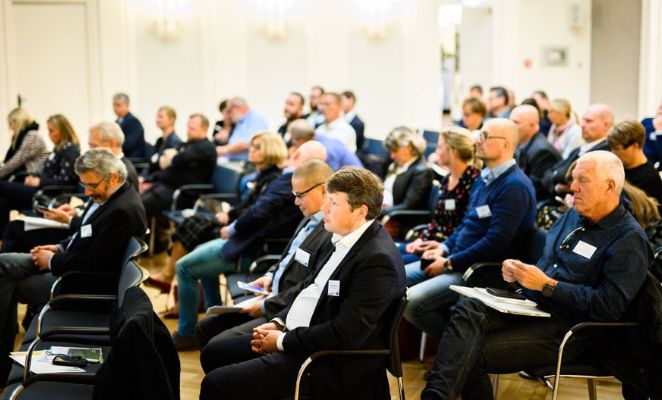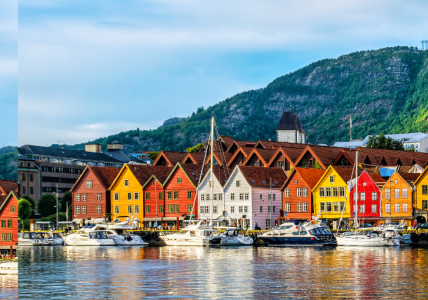
All hands on deck to navigate the future
Priority 4 allows for a birds-eye perspective on entire sectors. We support multi-level governance enabling joint strategising and planning, with a special view to marine governance and land-sea interactions.
This priority also invites new ideas for participatory processes and the involvement of civil society in governance frameworks. While pilots are not foreseen as outputs in this priority, initiatives to move from joint strategy to joint action are very welcome.
Specific objectives
Please note: The examples of themes and actions listed below are only indicative. If in doubt, please get in touch with us to clarify the best match for your project idea.
Multi-level governance is set to play an important role in the future development of the North Sea Region. Joint actions, strategies and plans are key to aligning and coordinating shared spaces and issues.
Examples of themes in Specific Objective 4.1:
Fields in priorities 1-3 may be relevant for governance actions under Priority 4. Governance of the North Sea basin, the most important joint asset of the region, is of special interest in this context.
Marine and maritime fields ● Offshore wind and blue energy ● Shipping ● Ports ● Marine ecosystem protection ● Aquaculture ● Fishing ● Coastal and maritime tourism and recreation ● Land-sea interactions
Examples of actions:
- Bringing together stakeholders, developing integrated and widely supported strategies and action plans in challenge-driven fields, and addressing regulatory and legal barriers.
- Developing innovative concepts and tools that support better transnational coordination between existing and new actors involved in marine and maritime governance, including Marine Spatial Planning and the Marine Strategy Framework Directive.
- Developing tools to foster citizen knowledge and engagement to improve their position in multi-level governance processes and participation in decision-making.
- Building institutional capacity for actors on all levels to adapt to territorial needs and challenges, e.g., marine protection, digitalisation, social innovation.
- Supporting new and existing networks to translate international strategies and policies into joint transnational action plans.
- Bringing together actors to address regulation-free spaces and the absence of adequate regulations in fields such as drones, robots, and data-driven innovations in order to develop joint strategies, approaches, and standards.
- Setting up and fostering transnational partnerships between urban and rural actors as well as civil society and developing strategies to overcome the urban-rural divide in the region.
- Building thematic communities for topics addressed in Priorities 1-3 in order to transfer findings and scale-up cooperation around shared issues, with the aim of embedding project results in a wider framework and ensuring take-up.
- Developing and promoting new or improved governance mechanisms for upscaling, transferring, and mainstreaming key innovations in challenge-driven fields in regional and local economies.
- Building platforms for governance actors to harmonise technological standards and certification for (digital) infrastructure and equipment.
- Supporting the integrated coastal zone management with maritime spatial planning in conflicting uses of spaces.
- Developing measures for public-private partnerships to foster financial incentives that will lead to an increased use of energy efficient technologies.
- Implementing participatory processes for winning stakeholder support for environmental measures.
Need advice?
Feel free to consult one of our project advisors dedicated to this priority. They will gladly assist you with any question you might have.





